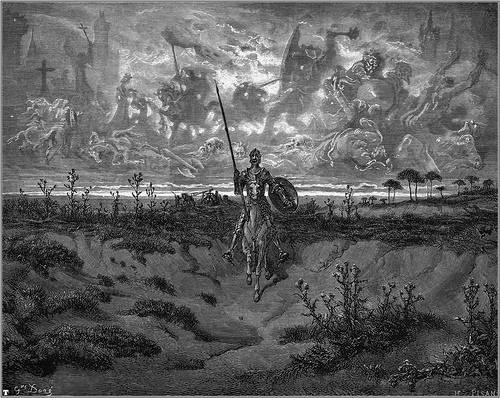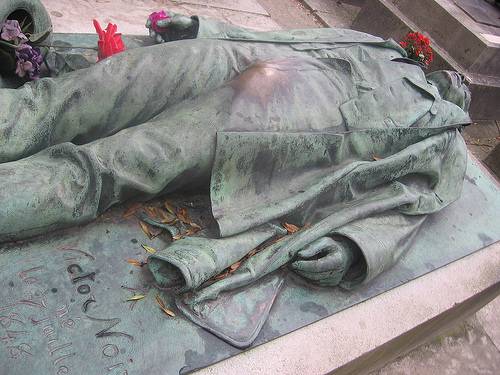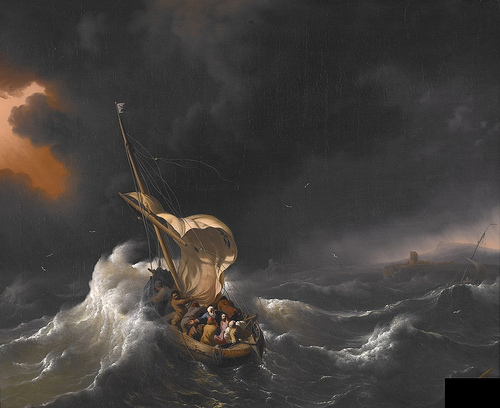What number comes next in this series?
0, 0, 0, 0, 4, 9, 5, 1, 1, 0, 55, 55, 1, 0, 1
What number comes next in this series?
0, 0, 0, 0, 4, 9, 5, 1, 1, 0, 55, 55, 1, 0, 1

In Don Quixote, when Sancho Panza’s ass is stolen, Quixote sympathizes and the two ride on … Sancho somehow “sitting side-ways on his ass.” In the next chapter he laments its loss again: “It may be well to saddle Rocinante again, that he may supply the loss of my Dapple.”
Sancho also leaves his wallet at an inn and loses his cloak and the food it contains. Yet later he discovers the food on the ass … and puts gold in his wallet.
Strangely, these errors appear in the novel’s second edition but not the first. No one knows how this happened; possibly it’s a compositor’s error, or perhaps Cervantes added a page without weaving it into the narrative.
See Cast Away.
In 1979, Robert Barbour applied for a vanity license plate at the California Department of Motor Vehicles. He listed his preferences as SAILING, BOATING, and NO PLATE, meaning he didn’t want a vanity plate if his first two choices were taken.
Inevitably, the DMV sent Barbour plates reading NO PLATE. But that wasn’t the worst of it: In the months that followed he received 2,500 notices of unpaid parking violations from around the state. When a police officer anywhere in California cited a vehicle without plates and wrote NO PLATE on the ticket, the record was matched to Barbour.
Two years later, when the DMV wised up and asked officers to stop doing this, they began writing MISSING instead … and Andrew Burg of Marina del Rey started getting the tickets.
The same thing has befallen motorists sporting the tags VOID, UNKNOWN, NOTAG, and even XXXXXXX. It makes you wonder how the police could write up a tagless car.

When Victor Noir died in a Paris duel in 1870, sculptor Jules Dalou reproduced the fallen journalist in bronze — a bronze that seems unusually hard in the trousers, if you see what I mean.
That feature has made the statue a sort of fertility shrine for Parisian women. It’s said that kissing Noir’s lips, leaving flowers in his hat, or rubbing his, um, press credentials will bring a husband, enhance one’s sex life, or ensure fertility.
Whether that’s true is open to question, of course — but when the cemetery installed a fence around the statue in 2004, local women reportedly protested until it was removed again.
Imagine the theatre of the future. … [T]he masses will no doubt go to the theatre much as they do now. Only instead of seeing a company of actors and actresses, more or less mediocre, engaged in the degrading task of repeating time after time the same words, the same gestures, the same actions, they will see the performance of a complete ‘star’ company, as once enacted at its very best, reproduced as often as it may be wanted, the perfected kinetoscope exhibiting the spectacle of the stage, the talking machine and the phonograph (doubtless differentiated) rendering perfectly the voices of the actors and the music of the orchestra. There will be no need for the employment of inferior actors in the small parts. As the production of any play will only demand that it be worked up to the point of perfection and then performed once, there will be no difficulty in securing the most perfect rendering that it is capable of.
— T. Baron Russell, A Hundred Years Hence, 1906
A gentleman was chiding his son for staying out late at night, and said: ‘Why, when I was your age, my father would not allow me to go out of the house after dark.’–‘Then you had a deuce of a father, you had,’ said the young profligate. Whereupon the father very rashly vociferated: ‘I had a confounded sight better one than you have, you young rascal!’
— Paul Emilius Lowe, ed., After-Dinner Stories, 1916
Mr. N. was on bad terms with his wife, and his eldest son was by no means a favourite; for when he paid a visit to his father, the old gentleman turned to a friend, and said, ‘Now you shall see me kill two birds with one stone. William, go and tell your mother, from me, you are a son of a b—-h.’
— The Nic-Nac; or, Oracle of Knowledge, 1823
I set out to run a 26.5-mile marathon hoping to average less than 9 minutes per mile. As I run, my friends measure my time along various mile-long segments of the course. On each mile that they measure — indeed, on each mile that it’s possible to measure, starting anywhere along the course — my time is exactly 9 minutes. Yet my average for the whole marathon is less than 9 minutes per mile.
How is this possible?

procellous
adj. stormy
naufragous
adj. causing shipwreck
On Aug. 10, 2004, Cincinnati Reds first baseman Adam Dunn hit a ball entirely out of Cincinnati’s Great American Ball Park. It landed on Mehring Way, 535 feet from home plate, hopped another 200 feet or so, and came to rest on a piece of driftwood on the edge of the Ohio River.
That part of the river belongs to Kentucky. This makes Dunn the only player in major league history to hit the ball into another state.
See Pop Fly and Four-Dimensional Basketball.

Let us take a piece of string. In the first half minute we shall form an equilateral triangle with the string; in the next quarter minute we shall employ the string to form a square; in the next eighth minute we shall form a regular pentagon; etc. ad infinitum. At the end of the minute what figure or shape will our piece of string be found to have assumed? Surely it can only be a circle. And yet how intelligible is that process? Each and every one of the polygons in our infinite series contains only a finite number of sides. There is thus a serious conceptual gap separating the circle, as in the limiting case, from each and every polygon in the infinite series.
— Jose Amado Benardete, Infinity: An Essay in Metaphysics, 1964